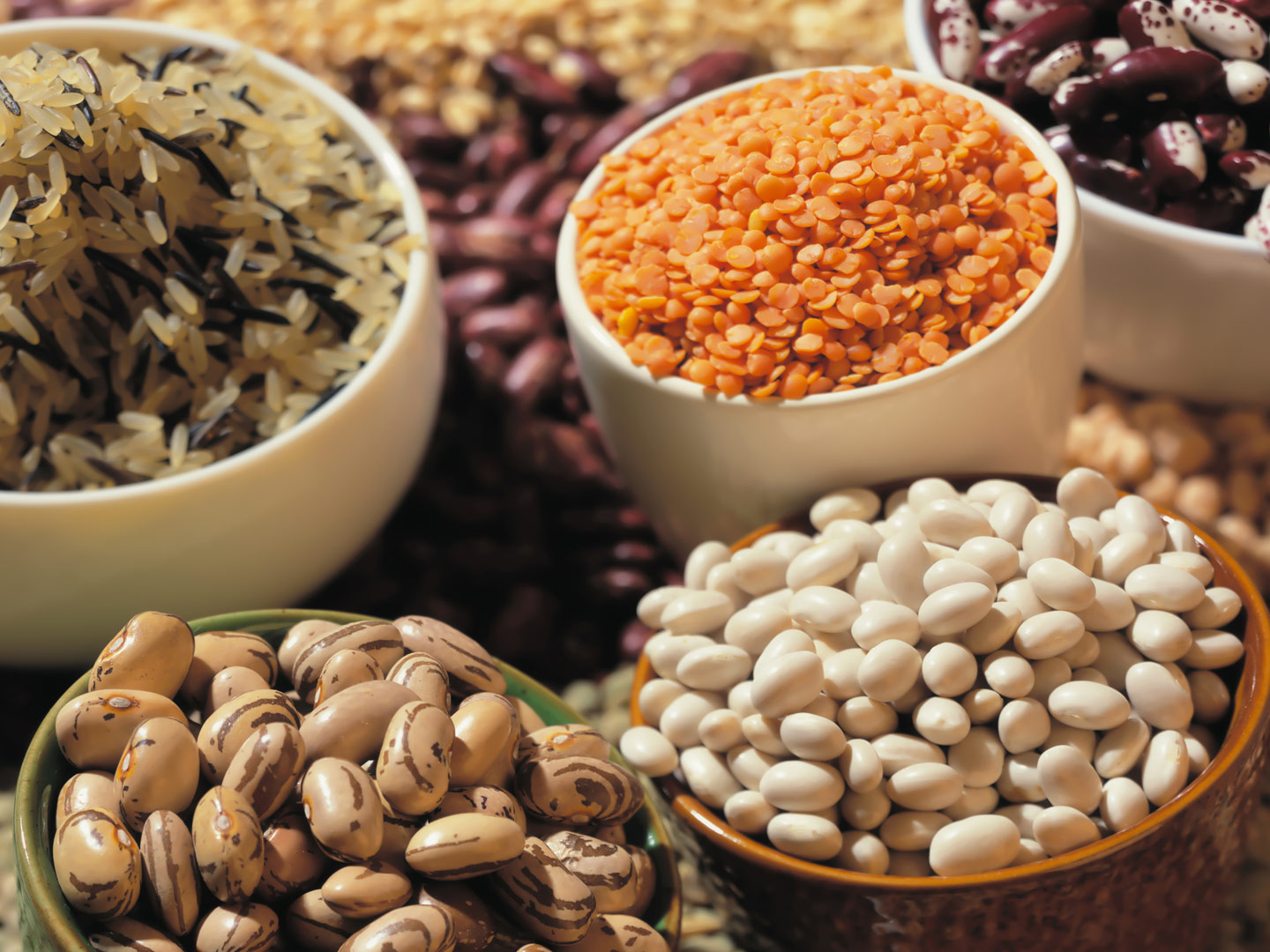Are Vegetarian Diets A Stroke Risk?
I’ve been trying to stick to a vegetarian diet to lower my risk of heart disease, but now I hear this increases the risk of stroke. What should I do?
Andrew Weil, M.D. | November 5, 2019

Results of a widely publicized British study suggest that while vegetarian diets are associated with a lower risk of coronary heart disease, they may pose a slightly higher than normal risk of stroke. The researchers, from the University of Oxford, looked at health and diet information from 48,188 British adults over a span of 18 years. The average age of the participants was 45. None had a history of heart disease or stroke at the outset. Most (24,428) were meat eaters, while 7,506 were pescatarians who ate fish but no meat, and 16,254 were vegetarians or vegans. Over the 18-year duration of the study, 2,820 people developed heart disease and 1,072 had strokes. Compared to meat eaters, the risk of heart disease was 13 percent lower among pescatarians and 22 percent lower among vegetarians.
The researchers suggested that these differences may be due in part to the lower body mass index (BMI) and lower rates of high blood pressure, high cholesterol and diabetes linked to vegetarian diets. But overall the differences were quite small – only 10 fewer cases of coronary heart disease among the vegetarians than among meat eaters per 1,000 people who remained on these diets for 10 years. The higher risk of stroke seen among vegetarians and vegans amounted to only three cases per 1,000 people over 10 years. Most of these were due to bleeding from an artery in the brain.
The researchers factored in medical history, smoking, use of dietary supplements and physical activity, all of which can affect risk for heart disease and stroke. They suggested that the overall differences seen in the study group might be due to differences in circulating levels of cholesterol and several micronutrients, including vitamin B12, among the vegetarians and vegans (B12 is available naturally only from animal foods). They also said that the higher risk of stroke seen among vegetarians and vegans may reflect low blood levels of total cholesterol or a low intake of certain vitamins. Earlier research has suggested that low cholesterol levels – which protect against heart disease – may raise the risk of stroke. Oxford’s Tammy Tong, a nutritional epidemiologist who led the new study, noted that low levels of vitamin B12, vitamin D, amino acids and fatty acids, could increase the risk of stroke among vegetarians and vegans. She also emphasized that, “We’ve looked at two outcomes here. The lower risk of heart disease does seem to outweigh the higher risk of stroke.”
Bear in mind that the results of observational studies like this one don’t prove cause and effect. I wouldn’t suggest abandoning a vegetarian diet on the strength of the Oxford study’s findings. Just be aware that unless you’re consuming cereals, breads and other fortified foods, this way of eating can leave you short of certain micronutrients, including iron, calcium, zinc and vitamin B12.
Andrew Weil, M.D.
Source:
Tammy Tong et al, “Risks of ischemic heart disease and stroke in meat eaters, fish eaters, and vegetarians over 18 years of follow-up: results from the prospective EPIC-Oxford study,” BMJ, September 4, 2019, BMJ 2019; 366 doi: https://doi.org/10.1136/bmj.l4897












